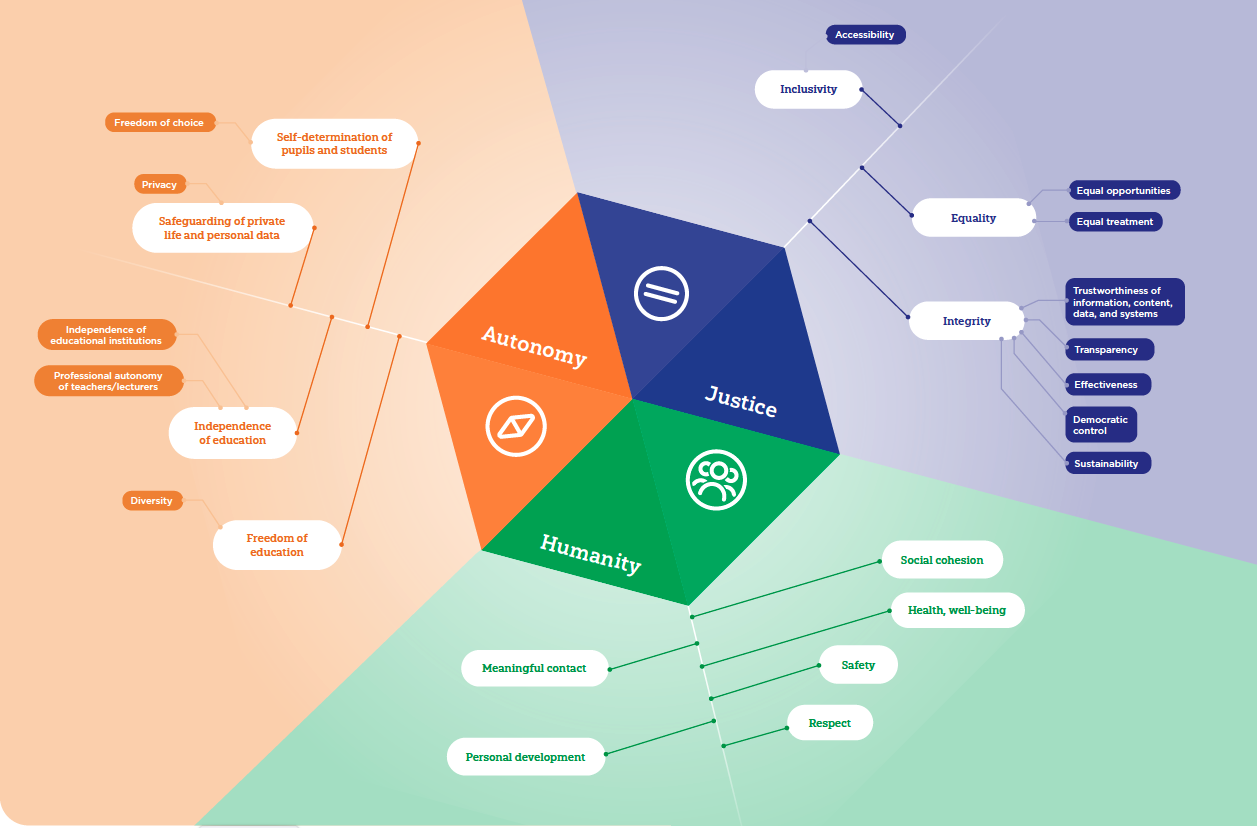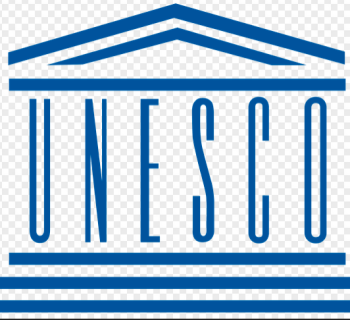
n the last few weeks the discussions about technology for education and learning have been dominated by the impact of GPT3 on the future of education – discussion which as Alexandra Mihai characterises in a blog entitled Lets get off the fear carousel as “hysteria”.
The way I see it, she says, is “academia’s response to ChatGPT is more about academic culture than about the tool itself.” As she posts out AI tools are not new and are already in use in a wide range of applications commonly used in education. But probably the most concern or even panic being seen about ChatGPT is in relation to assessment.
Alexandra draws attention to 7 things that the current debate reveals about our academic culture. Although she is focused on Higher Education much the same applies to Vocational Education and Training although I think that many teachers and trainers in VET may be more open to AI, given how it already plays a considerable role in the jobs vocational students are being trained for.
Her 7 things are:
- Lots of pressure/ high workloads: regardless of our positions, everyone seems to be under a great amount of pressure to perform
- Non-transparent procedures: university administration is very often a black box with missing or inefficient communication channels
- Lack of trust in students: this very harmful narrative is unfortunately a premise for many educators, not entirely (or not always) out of bad will but rather stemming from a teacher-centred paradigm which emphasises the idea of control.
- Stale quality assurance (QA) policies: quality assurance in education is a complex mix of many factors (including faculty professional development, technology integration academic integrity policies, to name just the more relevant ones for the current debate)
- Inertia: the biggest enemy, in her opinion. Responding to change in a timely and efficient manner is not one of the strong points of HE institutions.
- Technological determinism ): the only thing that is, she feels, equally if not more dangerous that banning technology is thinking it can solve all problems.
Alexandra wants us to “take a moment to actually talk to and really listen to our students?” She says: :”All this will help us understand them better and design learning experiences that make sense to them. Not necessarily assignments where they cannot cheat, but activities and assignments they genuinely want to engage in because they see them as relevant for their present and their future.”
In an earlier blog she invites us to select on two questions.
Firstly, how do you balance three assessment purposes – students’ expertise development, Backward design and constructive alignment and Feasibility for students, teachers and organisation.
Secondly how do you take into account the three principles for optimally balancing different assessment purposes, in order to guide students towards professional independence?
There is no shortage of resources on ChatGTP in education: a list which is growing by the day. Here is 5 that Alexandra suggests:
Assessment in the age of artificial intelligence– great article by Zachari Swiecki et al., with a lot of insights into how we can rethink assessment in a meaningful way:
Chatting and Cheating. Ensuring academic integrity in the era of ChatGPT– interesting read by Debby Cotton et al., suggests a range of strategies that universities can adopt to ensure these tools are used ethically and responsibly;
Academic Integrity?- insightful reflection by Matthew Cheney on the concept of academic integrity and its ethical implications;
Critical AI: Adapting college writing for the age of language models such as ChatGPT: Some next steps for educators, by Anna Mills and Lauren Goodlad- a useful collection of practices and resources on language models, text generators and AI tools;
ChatGPT Advice Academics Can Use Now– very useful advice from various academics, compiled by Susan D’Agostino on how to harness the potential and avert the risks of AI technology.








